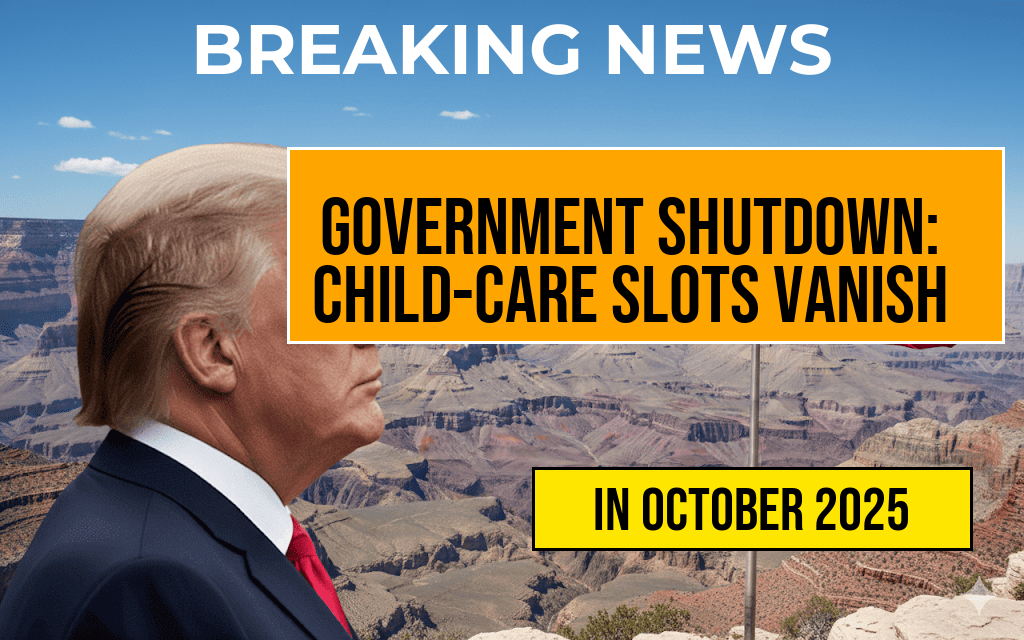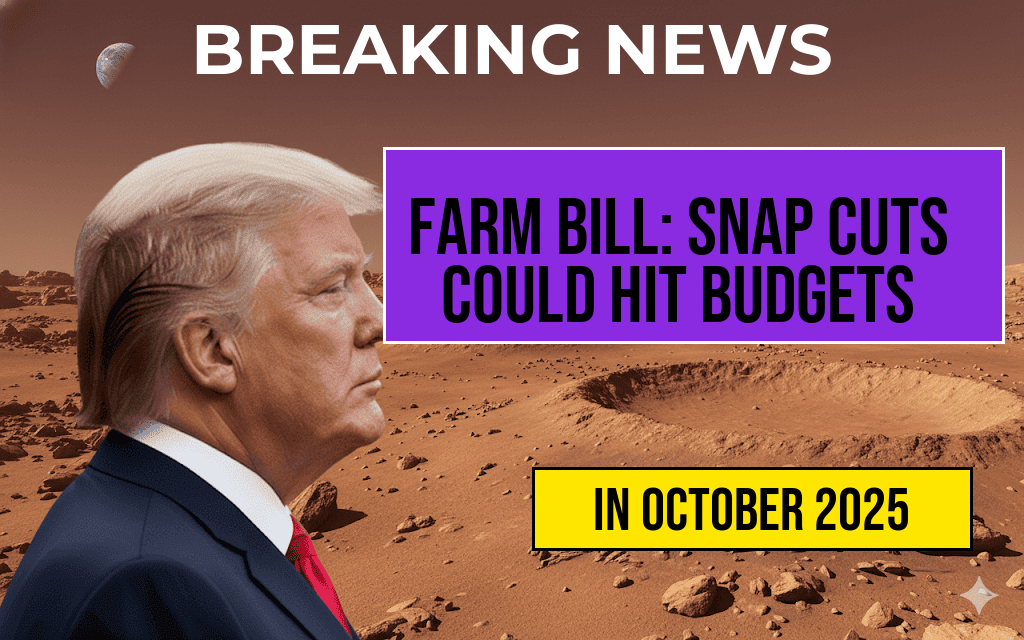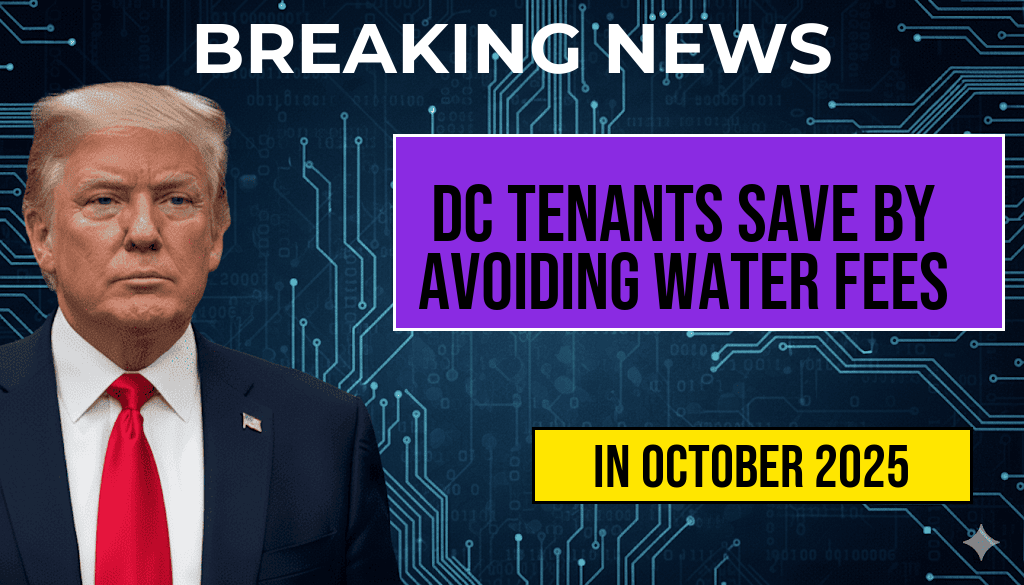The ongoing debate over the Farm Bill has intensified as proposed adjustments to the Supplemental Nutrition Assistance Program (SNAP) could lead to a staggering reduction of $30 billion over the next decade. This potential cut is raising alarms among advocacy groups, food industry stakeholders, and millions of low-income families who rely on SNAP benefits to help manage their grocery budgets. The discussion surrounding the Farm Bill is set against a backdrop of rising food prices and increased demand for food assistance, making the proposed changes particularly contentious. As lawmakers deliberate on the future of the Farm Bill, the implications for food security, nutrition, and economic stability are becoming increasingly significant.
Understanding SNAP and Its Role in Food Security
SNAP, formerly known as food stamps, is a federal assistance program designed to alleviate hunger and improve nutrition among low-income households. With over 42 million Americans relying on SNAP benefits, the program plays a vital role in providing essential resources for grocery purchases. As the cost of living continues to rise, SNAP benefits are often a lifeline for families struggling to put food on the table.
Proposed Adjustments and Their Potential Impacts
The proposed adjustments to SNAP within the Farm Bill are part of broader efforts to reform agricultural policy and address budgetary constraints. Lawmakers are considering measures that could significantly alter the structure and funding of the program. Key proposals include:
- Eligibility Revisions: Changes to income thresholds and asset limits, which may restrict access to benefits for some families.
- Benefit Reductions: Lowering the monthly allotment provided to SNAP recipients, impacting their ability to afford nutritious food.
- Work Requirements: Increased emphasis on work requirements could push more individuals off the program, reducing overall participation.
Economic Repercussions
The projected $30 billion cut over ten years could have several far-reaching economic implications. For families, reduced SNAP benefits mean tighter grocery budgets at a time when inflation is already straining finances. This could lead to increased food insecurity, particularly among vulnerable populations such as children and the elderly.
Economists warn that cuts to SNAP could also ripple through the broader economy. Retailers that depend on SNAP transactions may see decreased sales, impacting local economies and employment. Additionally, less spending on groceries could lead to a decline in demand for agricultural products, further affecting farmers and food producers.
Advocacy and Opposition
As the Farm Bill discussions unfold, numerous advocacy groups are voicing their concerns. Organizations like the Feeding America network emphasize that cuts to SNAP could exacerbate food insecurity and health disparities. They argue that access to nutritious food is a critical component of public health and that reducing benefits could have long-term negative consequences.
Opposition from various sectors, including healthcare advocates, labor unions, and social justice organizations, is mounting. These groups argue that maintaining and enhancing SNAP funding is essential for economic stability and public health. The potential for increased poverty rates and healthcare costs due to food insecurity is a key argument against the proposed cuts.
Political Landscape and Legislative Process
The Farm Bill is typically reviewed and reauthorized every five years. As negotiations commence, the political landscape is fraught with partisan divides. Republican lawmakers are largely advocating for more stringent measures, while Democrats are pushing for the preservation and expansion of SNAP benefits. The outcome of these discussions will ultimately hinge on bipartisan negotiations, making it crucial for stakeholders to remain engaged and informed.
Conclusion
The proposed SNAP adjustments within the Farm Bill have sparked a significant debate that highlights the program’s role in supporting millions of Americans. With potential cuts amounting to $30 billion over the next decade, the implications for food security and economic stability are profound. As lawmakers continue to grapple with these issues, the voices of advocates and affected families will play a crucial role in shaping the future of SNAP and the Farm Bill as a whole.
Frequently Asked Questions
What is the Farm Bill and why is it important?
The Farm Bill is a comprehensive piece of legislation that governs various agricultural and food programs in the United States. It plays a crucial role in shaping policies related to food assistance, farm support, and rural development, impacting millions of Americans.
How will the proposed SNAP adjustments affect families?
The proposed adjustments to the Supplemental Nutrition Assistance Program (SNAP) could lead to a reduction of up to $30 billion over the next decade, potentially increasing food insecurity and putting more pressure on grocery budgets for low-income families.
What are the potential consequences of slashing SNAP funding?
Slashing funding for SNAP may result in fewer resources for families in need, leading to a rise in hunger and malnutrition. This could also impact local economies, as reduced SNAP benefits may decrease overall spending on groceries.
Are there any alternatives being proposed to the SNAP adjustments?
Some advocates and lawmakers are suggesting alternatives that would preserve or even increase SNAP funding, aiming to ensure that food assistance remains robust and effective in supporting vulnerable populations during economic challenges.
How can individuals get involved in the Farm Bill discussion?
Individuals can engage in the Farm Bill discussion by contacting their local representatives, participating in community forums, and advocating for policies that protect SNAP benefits, ensuring that the voices of those affected by these changes are heard.













